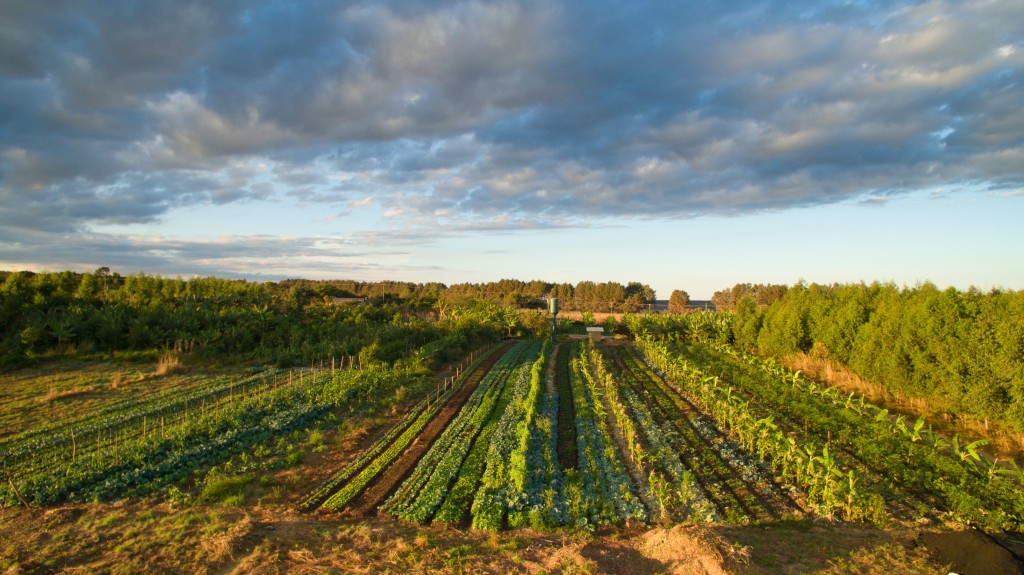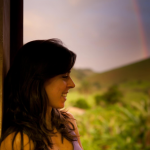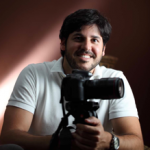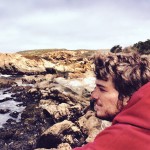By Jordan Gardner
“Changing the point of view can be an attitude seemingly simple, but it has always been what’s guided the most revolutionary transformations we know.” - Dayana Andrade
Ernst Gotsch has spent his life immersed in farming a path of least resistance. From complex crop systems in Switzerland and Germany to soil restoration in Costa Rica to Agroforestry at his farm in Brazil, Gotsch has kindled the idea of ‘syntropic agriculture’—order, cooperation and symbiosis among crops. The far-reaching benefits of syntropic agriculture extend to biodiversity, soil health, stabilized microclimate, and even carbon sequestration. In a new short made for presentation at COP21, filmmakers Dayana Andrade and Felipe Pasini explore the experiences of agriculture as an environmental benefit.
JG: What inspired you to make Life in Syntropy?
FELIPE: Our biggest inspiration is the agricultural work of Ernst Gotsch and the remarkable results he's been achieving, as well as those who have learned from him. "Life in Syntropy" - and all Agenda Gotsch Projects - was a kind of need we felt, I would even say an urgency, to show people that all those fantastic and revolutionary experiences were happening right here, right now, even though not much appears in the mainstream media.
JG: What has made environmentalism important to you personally?
DAYANA: Unless we find another planet to live, I think environmentalism is an important issue for all of us. The problem is that this conclusion often leads us or to desperation or apathy. But, when we find people who are making their path in line with nature, then you see how happy they are, healthy and full of energy, that is touching! I think that was the point in which I realized what environmentalism should mean to me.
JG: What was the most important lesson you've learned that's had a positive effect on your film?
DAYANA: I believe that the most important lesson was well expressed by a journalist of "World Organic News" who said that it isn't the question of how are we going to change the world anymore but, instead, when are you going to join the ones who are already changing it.
JG: What areas would you like to explore in the future?
FELIPE: I have to confess that the agriculture subject took me, and I think there is no way back. The good news is that agriculture is a very broad theme. We can talk about farming from many points of view: nutrition, health, politics, economics, society, culture. In the end, it’s an issue that concerns all of us, no matter whether you live in the countryside or the city.
Jordan Gardner is a sophomore at Yale University studying Ecology & Evolutionary Biology. He’s from Colorado, where he enjoys the beautiful outdoors fueling his passion for the environment.


















